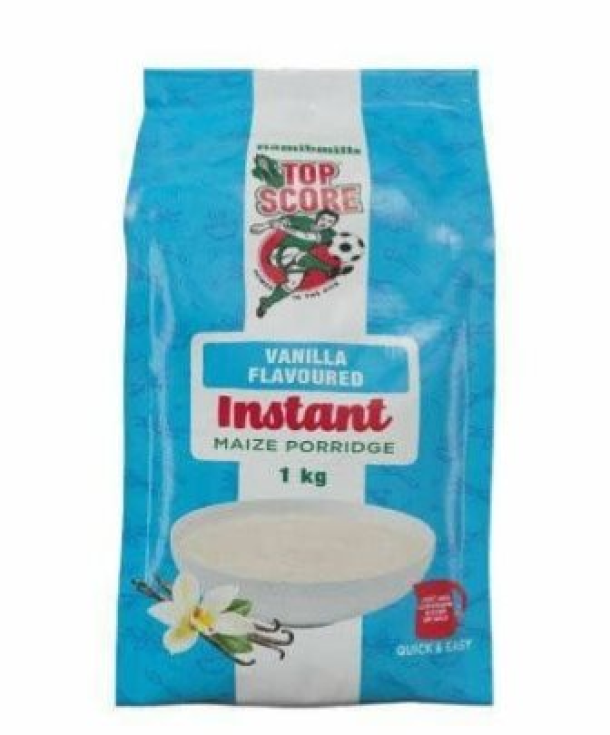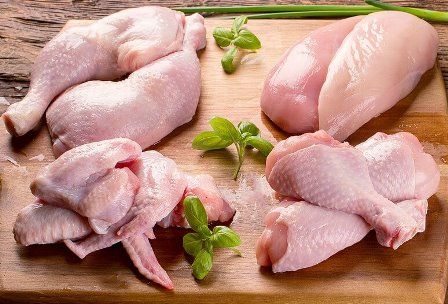
Chicken is getting more expensive – but local farmers and importers can’t agree on why
South Africa’s poultry farmers and importers may agree that chicken prices are on the rise, but not on what is driving the costs up.
The South African Reserve Bank’s (SARB) Monetary Review Report for October has triggered a fresh debate on import duties on poultry, nudging the SA Association of Meat Importers and Exporters (AMIE) to call for a comprehensive review of the tariffs anew.
With custom duties on frozen whole chicken and in-bone pieces having increased between 2013 and 2022, from 27% to 82% and 18% to 62% respectively, the AMIE views the tariffs as “simply another tax that consumers are unable to bear”.
But, the South African Poultry Association argues that raw materials, especially feed costs, and other inputs, are burdening poultry producers which in turn drives prices up.
For the 2021 financial year, the price of feed increased by 22% while the price of chicken increased by 17%, Izaak Breitenbach, head of the SA Poultry Association’s broiler board said.
He said the largest cost to produce a chicken is feed, which makes up 65% of the cost.
“In terms of the chicken prices, we haven’t even recovered from the full impact of the feed [costs] during the 2021 period,” he said.
“Currently in 2022, we’re still battling record high raw material costs, feed costs, maize and soya costs, and that is reflected in the chicken meat price. We don’t agree that tariffs were the cause of the increases in price,” he said.
According to the SARB, tariffs on chicken products are regressive, given it is the main source of protein for many low income households in the country.
Poultry inflation, which increased by 11% in July from 7.1% a year prior, is being fuelled both by rising input costs and increased import duties.
In its report, it said the recent suspension of anti-dumping duties on chicken imports, should help to cool poultry prices and it forecast poultry inflation for the last quarter of the year at 8.7%, down to 5.1% in the second quarter of 2023.
While the demand for chicken has increased over the years, local production, especially for certain cuts of meat, remains constrained, Paul Matthew, the CEO of AMIE said.
“Imported chicken accounts for less than 10% of total consumption if you exclude Mechanically Deboned Meat (MDM), which is vital in the production of processed meat products.” Matthew said.
According to SAPA’s annual report, in 2021, South Africa produced 1.91 million tons of poultry meat and consumed 2.3 million tons, with imports making up 19% of consumption, compared to 21% the prior year.
In the same year, chicken imports made up 18% of chicken meat consumption, dropping from 20% in 2020.
News Category
- International retailers
- On the move
- Awards and achievements
- Legislation
- Wine and liquor
- Africa
- Going green
- Supplier news
- Research tools
- Retailer trading results
- Supply chain
- Innovation and technology
- Economic factors
- Crime and security
- Store Openings
- Marketing and Promotions
- Social Responsibility
- Brand Press Office
Related Articles

Eskort is celebrating 107 years
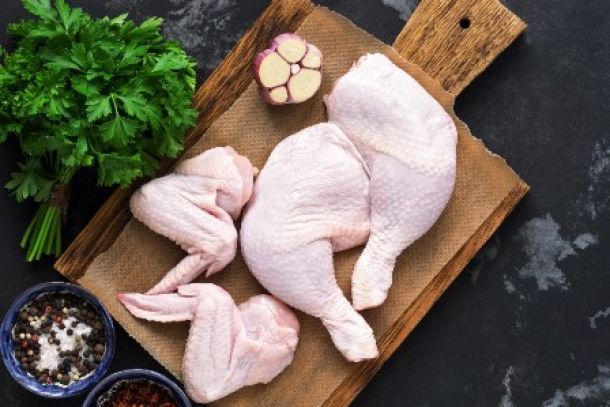
UK poultry industry as exports to South Africa ...
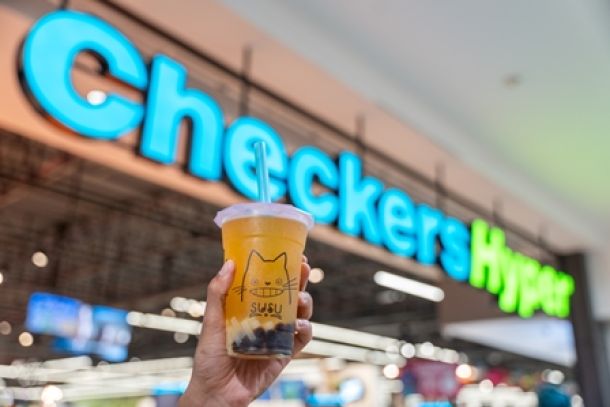
Playful bubble tea shops launch in selected Che...
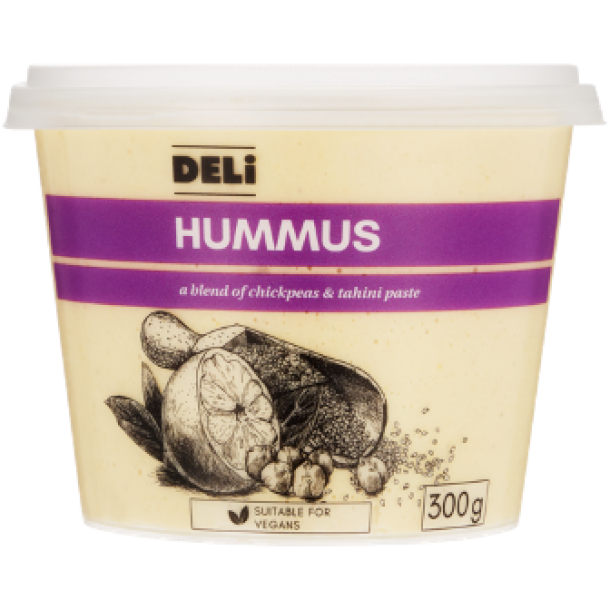
Consumer Commission launches investigation into...
